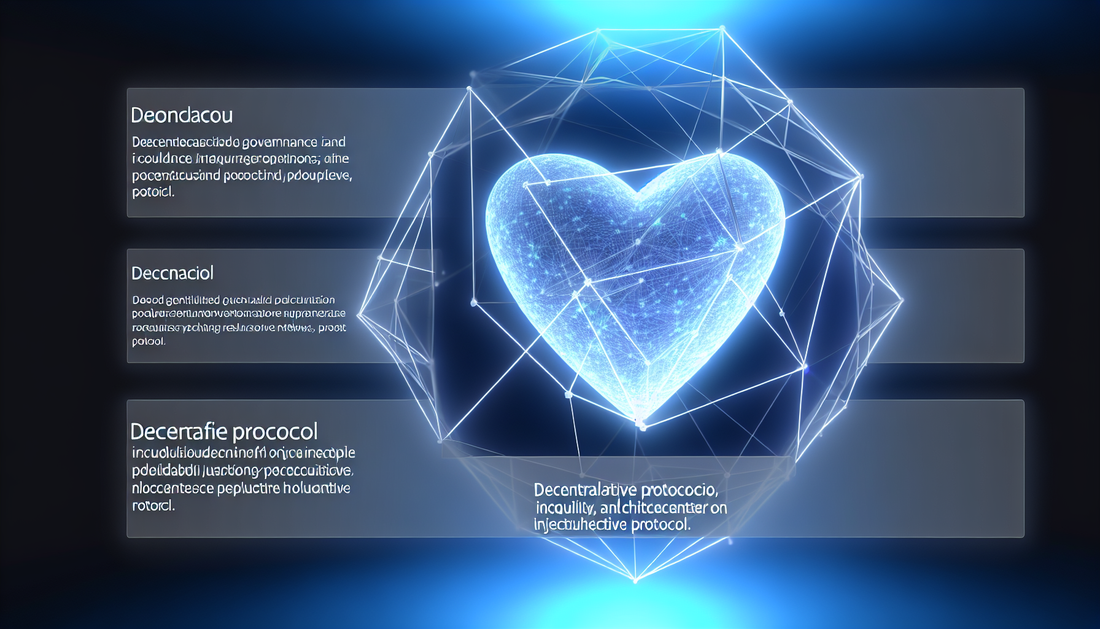
Decentralized Governance: The Heart of Injective Protocol
Share
Understanding INJ Governance: Decentralization in Action
INJ, or Injective Protocol, is designed as a decentralized finance (DeFi) platform built on a fast, layer-2 blockchain. A significant feature of INJ is its governance model, which plays a pivotal role in maintaining decentralization and allowing the community to actively participate in decisions affecting the platform.
Decentralized Governance Structure
The governance of INJ operates through a community-driven mechanism. Token holders of the Injective Protocol can propose and vote on various changes and upgrades to the protocol, ranging from altering transaction fees to introducing new features. This decentralized model allows all stakeholders to have a say in the protocol's future, aligning with the broader ethos of many Web3 and DeFi projects.
Decentralized governance often serves as a key differentiator in the blockchain industry, and with INJ, it ensures that no single entity holds overwhelming control. Unlike centralized exchanges or financial systems, governance within Injective Protocol aims to distribute power equitably through its native token holders. However, it's essential to consider both the strengths and challenges that come with such a system.
Voting and Proposals
The governance process usually begins with a proposal. Any INJ token holder can submit a proposal to make protocol changes, such as new feature integrations or governance structure adjustments. Proposals are typically discussed within the community prior to being formally submitted to ensure wider acceptance or debate.
Once a proposal is live, INJ token holders can participate by voting using their tokens as stakes. The weight of a user's vote is directly proportional to the amount of INJ tokens they hold. This enables a flexible approach where both large and small token holders have the opportunity to influence the future direction of the protocol. As a result, the outcome of any proposal is typically a reflection of the collective will of the community.
Challenges Within Governance
While governance participation offers several benefits, there are potential challenges, such as voter apathy, which is common across decentralized ecosystems. Many token holders may not actively engage in governance, which can skew results toward decisions made by a relatively small proportion of stakeholders. Furthermore, ensuring the accessibility and understanding of governance mechanics is an ongoing challenge that could determine the ultimate success of a genuinely decentralized platform like INJ.
The Role of INJ Tokens in Governance
Governance is tightly intertwined with the utility of the INJ token itself. Beyond its use in staking and regular network functions, the token's primary value in governance comes from its role in voting on key protocol issues. This ensures that the token maintains practical value tied directly to the evolution of the protocol, furthering its use outside speculative trading or staking.
